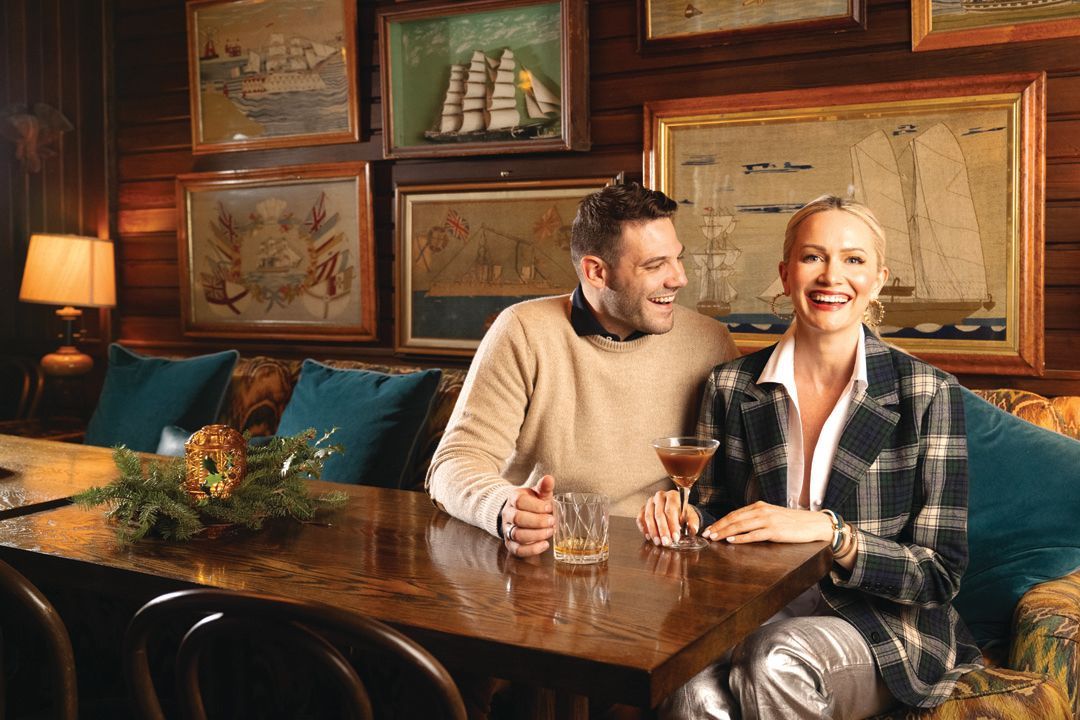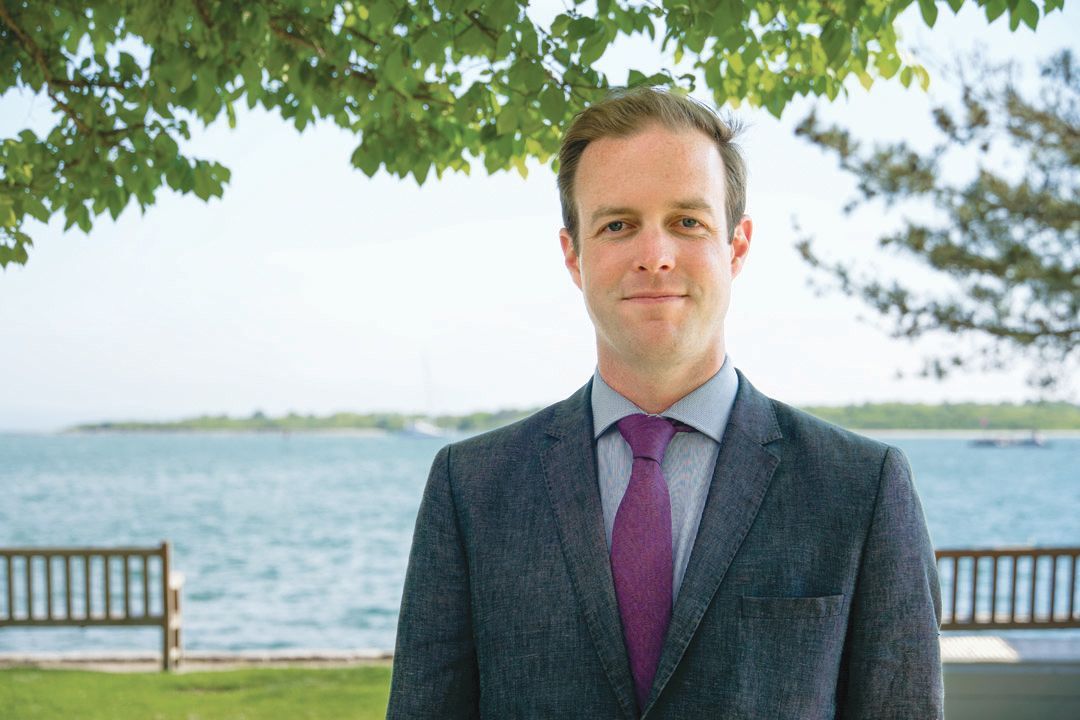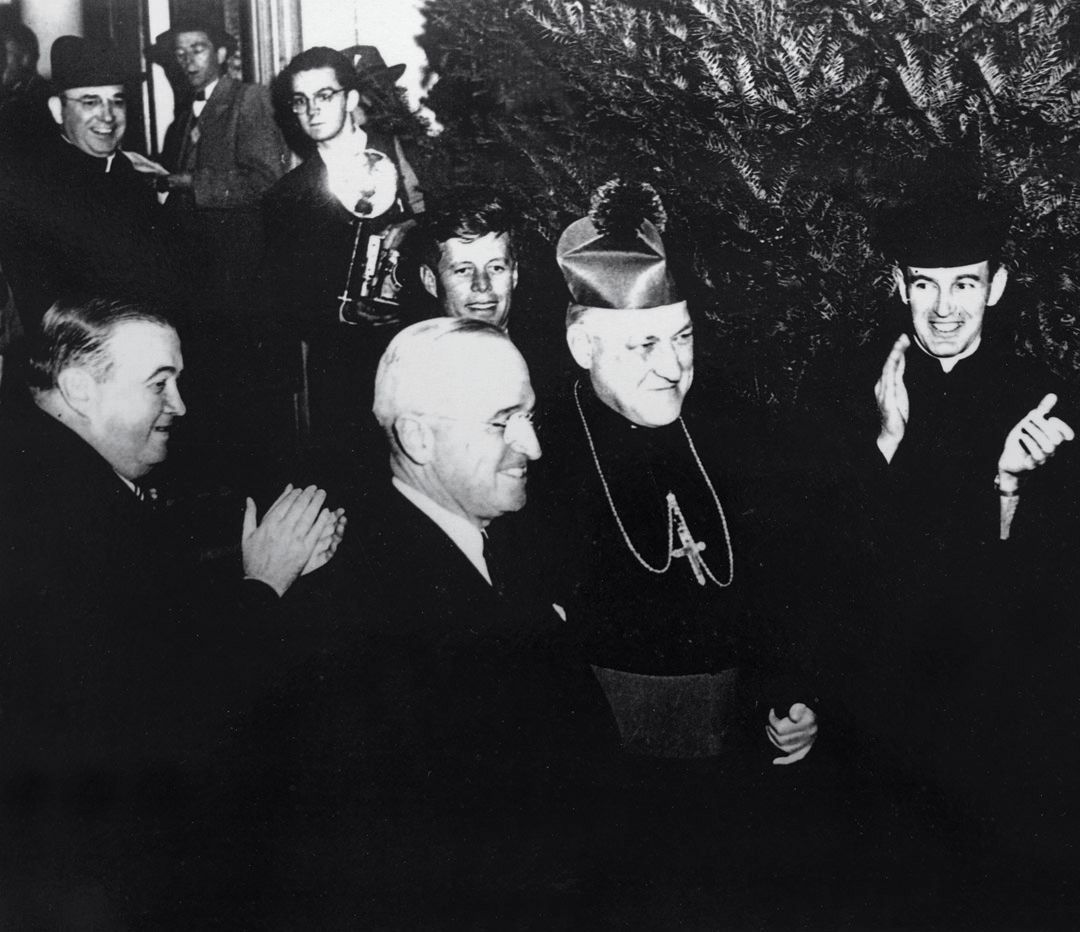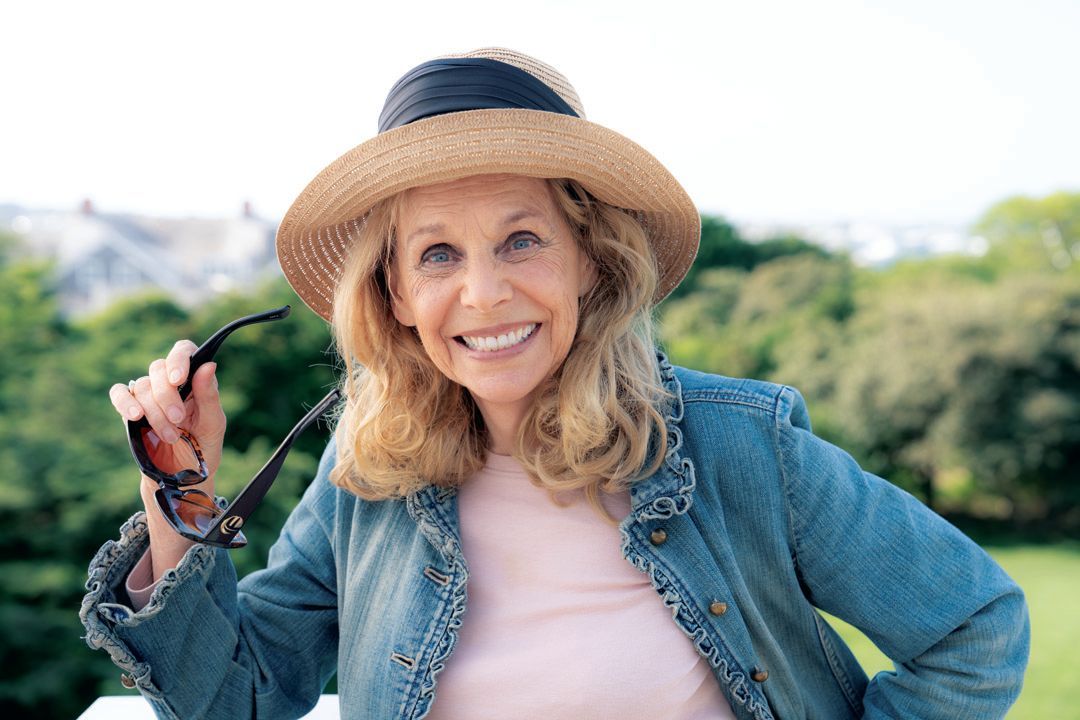A NATION AT RISK
America’s great divide hits the big screen.
We gotta get out of this place
If it’s the last thing we ever do
We gotta get out of this place
’Cause…there’s a better place for me and you
— “We Gotta Get Out of This Place” by The Animals
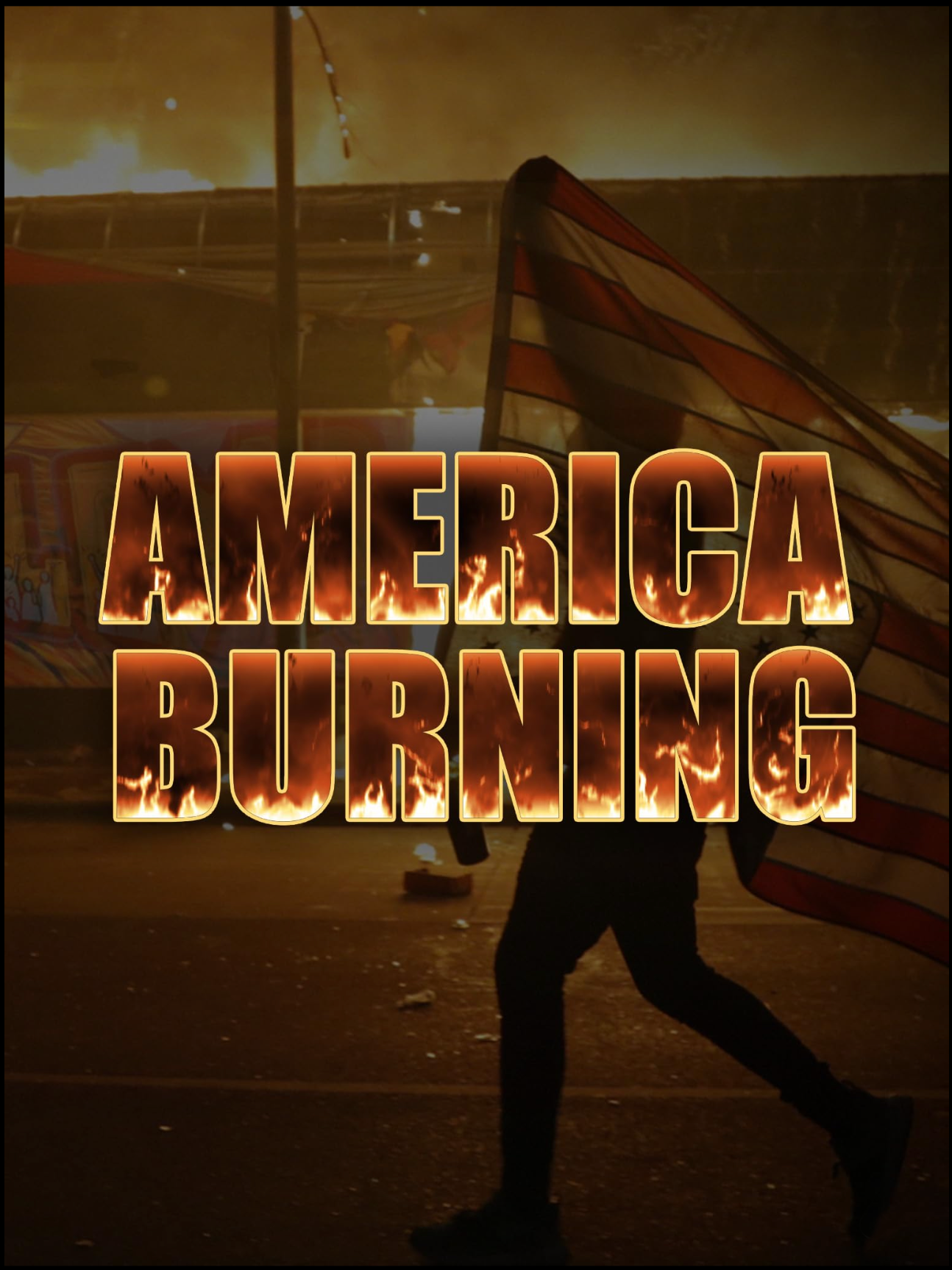
The iconic 1960s anthem plays in the background as images of the Statue of Liberty on fire roll by, followed by scenes of Black and white people hugging, then by footage of a protester embracing a police officer and glorious fireworks bursting above the Stars and Stripes. We are watching America’s Burning, the new (and ultimately optimistic) documentary written and directed by Nantucket summer resident David Smick, in which he explores our country’s dangerously rancorous state of affairs. The film, a pre-final version of which screened at the Dreamland last month (it remains in post-production while Hollywood is on strike), takes a pointed look at the economic dynamics fueling the bitter discourse.
“When you read in the press about the country being divided with kind of a tidal wave of hate, experts give a lot of valid reasons, but they seldom mention the economy,” says Smick, a renowned macroeconomist who taps luminaries from both sides of the aisle to weigh in during the documentary— everyone from James Carville and Leon Panetta on the left to James Baker and Home Depot co-founder Ken Langone on the right. Yet the economy has already contributed to the warning shots of a second civil war, Smith argues, with red states shipping migrants to blue ones. He says such moves can be traced to the nation’s dwindling middle class, with people afraid for their own resources. “The middle class is fading away,” he says, “and it has all been happening within the last 30 years under the leadership of both parties.”
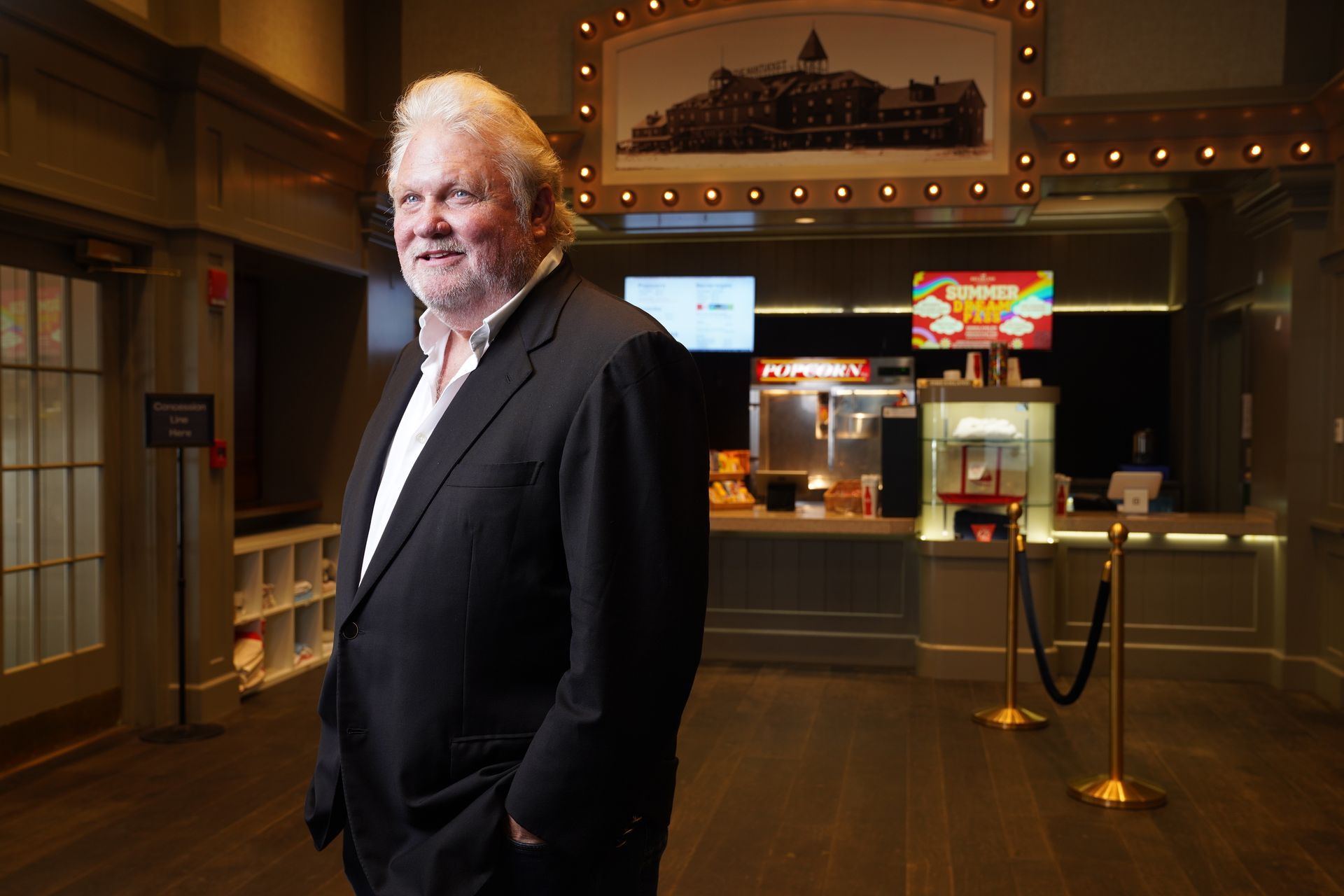
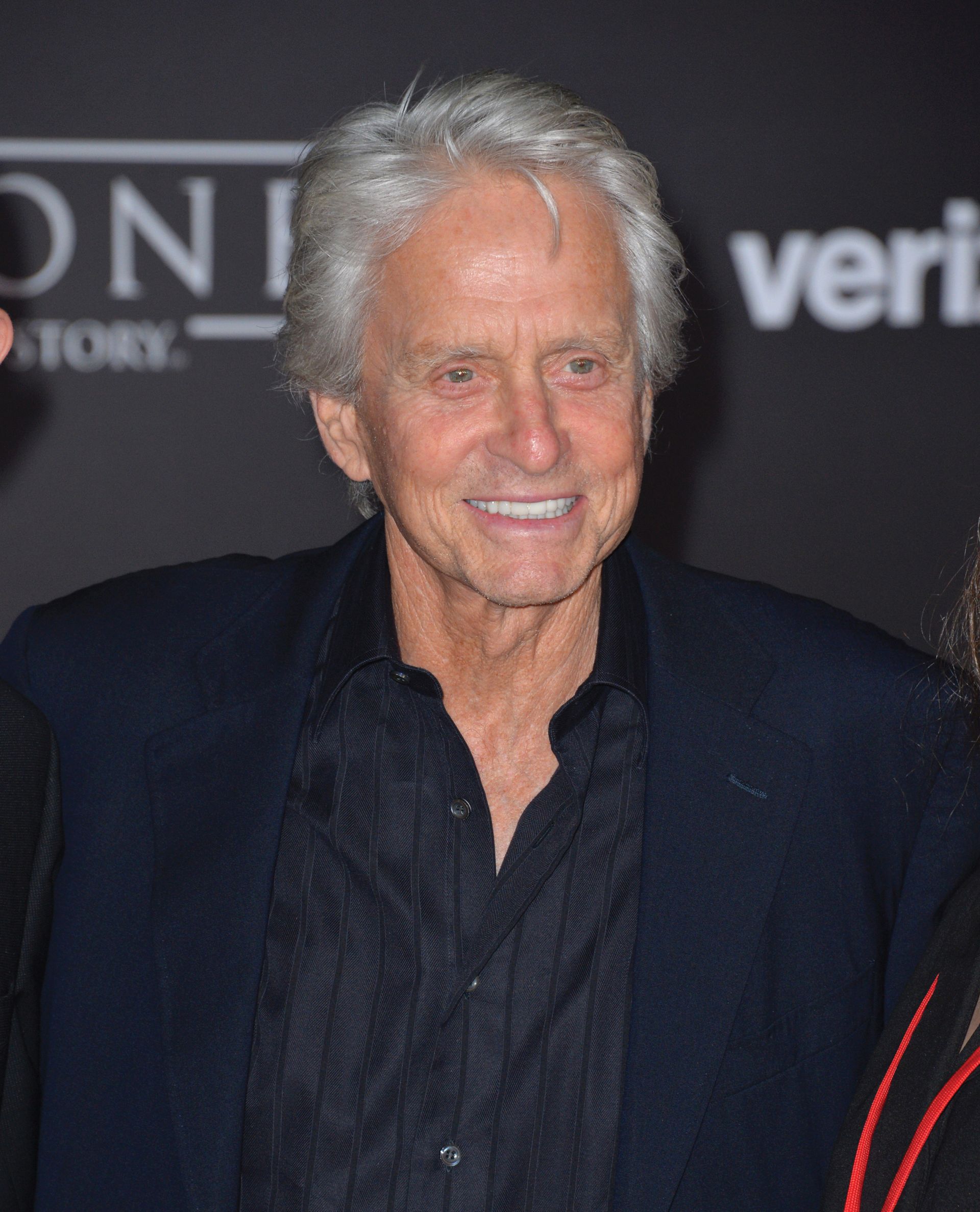
The film’s narrator, actor Michael Douglas (who serves as co- executive producer with Academy Award-winning filmmaker Barry Levinson), makes the point on screen that in 1990, if you were born in the bottom 25 percent economically, you had a 25 percent chance of climbing to the top 25 percent. Today, that chance is 5 percent, a drop in possibility from one in four to one in 20. “It’s the loss of the American Dream, the loss of the sense of American opportunity,” Smick says.
The reason, he proffers, is that
“we’ve allowed our economy to be taken over by a corporate elite, a financial elite” who contribute so heavily to political races that they tilt laws in their favor. “If you pay enough,” Smick says, “you can write your own laws that stifle competition … to avoid a level playing field.” Part and parcel of the economic imbalance is that if you could afford to invest in the stock market in the last 30 years, you moved ahead. If you relied solely on a paycheck to get you from one bill-paying cycle to the next, you saw your economic power erode. The upshot: People feel disenfranchised. They feel less willing, and become less able, to try to enter the marketplace with their own startups that might help them skip several rungs up the economic ladder. And they become hopeless—and angry. “We need a mindset that small is beautiful,” Smick says, “that allows people to dream big because they believe the system gives them a shot.” If Bill Gates came along today, the film argues, the conditions would not be in place for him to succeed.
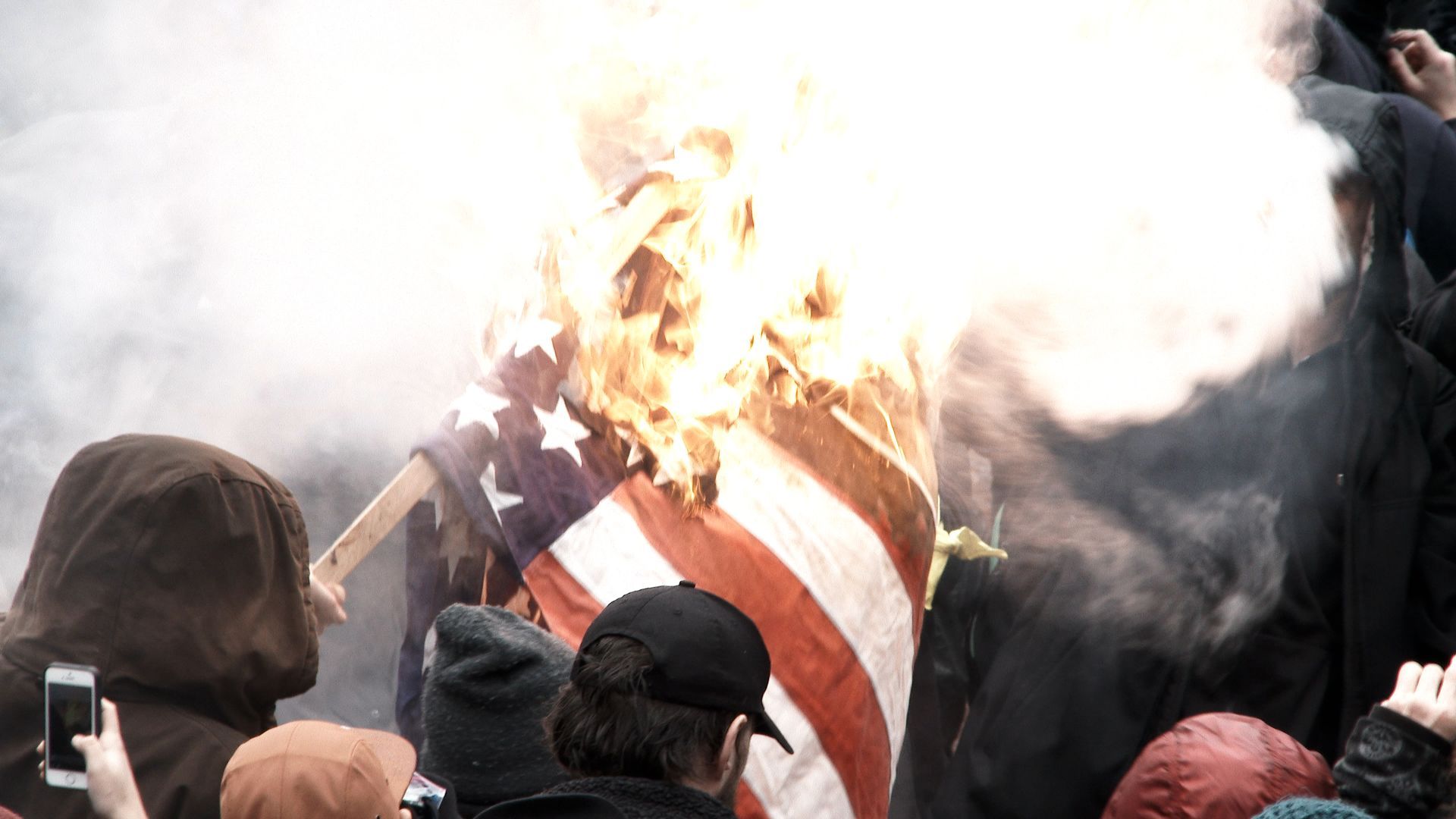
Smick says we need to eliminate Wall Street’s “incredibly lucrative tax loophole” and instead put legislation “through the lens of ‘Does this help or hinder the American dream?’” In other words, as Douglas says in the film, “We need leaders who care less about politics and themselves and more about the common good.”
In addition, Smick urges “less heat and more light in our national discussion.” To that end, he intentionally targets an audience that he calls “the 70 to 80 percent of Americans— center left and center right—who have not lost their minds.”
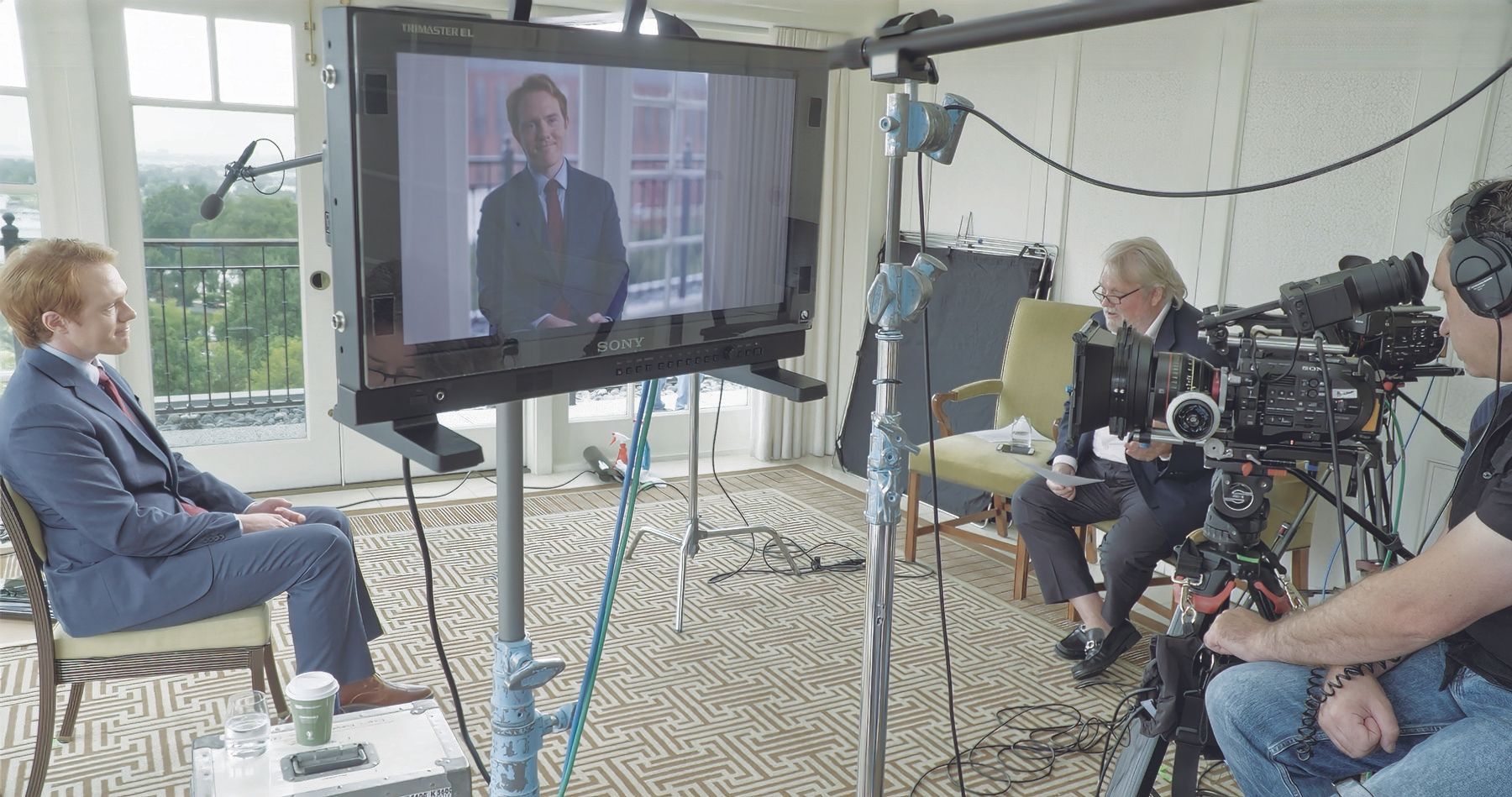
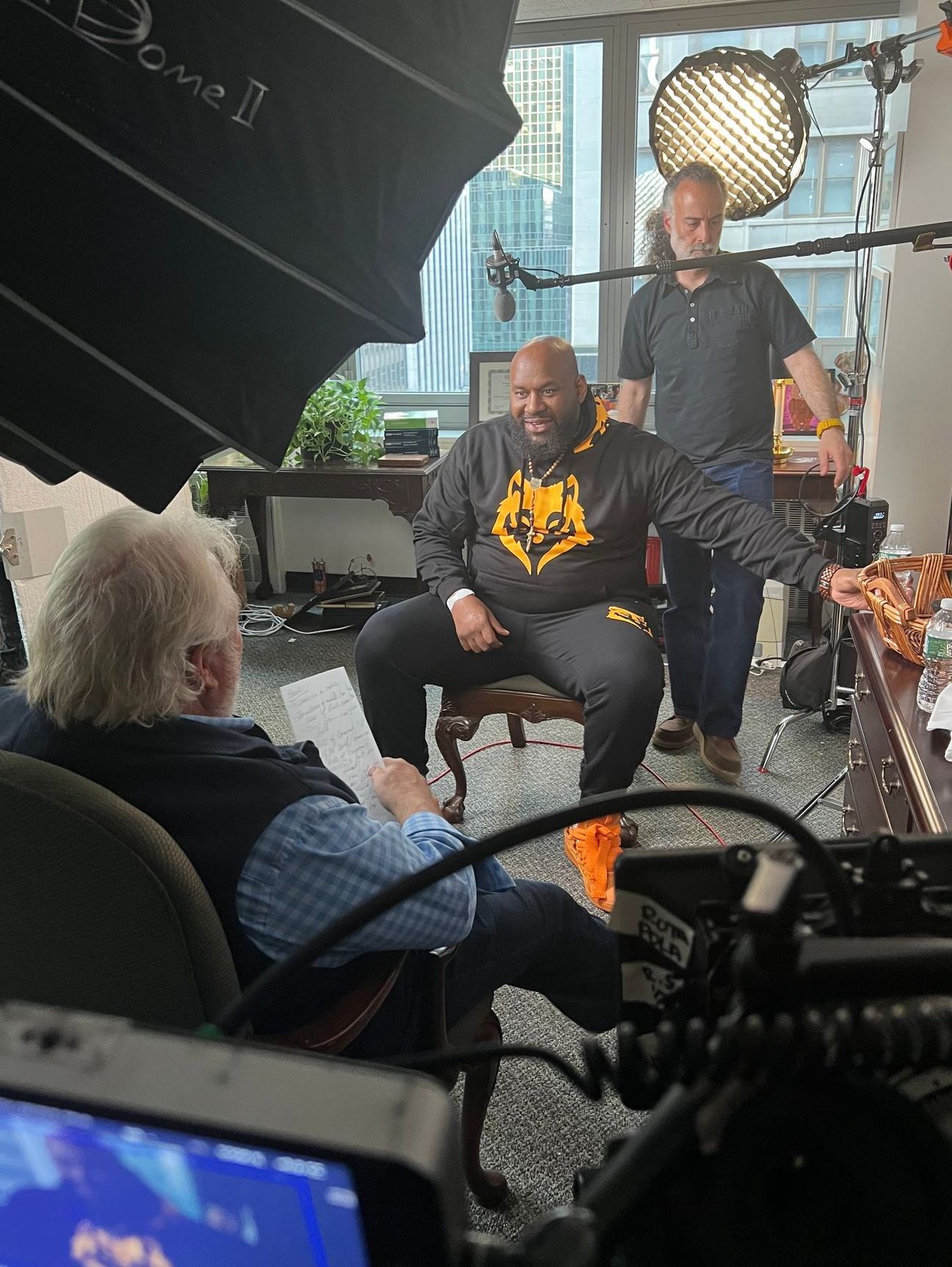
An Independent, he remarks, “I would like the average person to think, when their leaders are doing and saying certain things, to what extent are they saying it for the common good, for my children and grandchildren, and to what extent is it a mad grab for power, for more clicks on social media? That’s what I would hope people concentrate on—are our leaders thinking about us?”
In other words, everyone has a responsibility. As Washington Post writer David Ignatius puts it in the film, “Our elections are character tests. Obviously, we’re testing the characters of the candidates, weighing them. But in a broader sense [elections] test the character of the electorate.”
The film works to make people think harder about their choices—both at the voting booth and in life—with something of a sermon-like call for conciliation, championing empathy over hate. A white supremacist ends up changing his views after sharing Shabbat dinners with Orthodox Jews. Black Lives Matter of Greater New York leader Hawk Newsome says, “I believe that we will find a way to love and respect each other.” The Atlantic writer Arthur Brooks comments, “We have to come together as a country by breaking the habit of contempt.” Panetta adds his own pragmatic twist: “People in communities, they don’t fight over Republicans or Democrats—they got a pothole, you deal with the damn pothole.”
Smick is confident that the country, the citizenry, will do better. “There will be a solution—it will take a while—that keeps us from destroying each other,” he says. “I’m not naive about the problem, but I do think our best days are to be.”
Latest Stories
